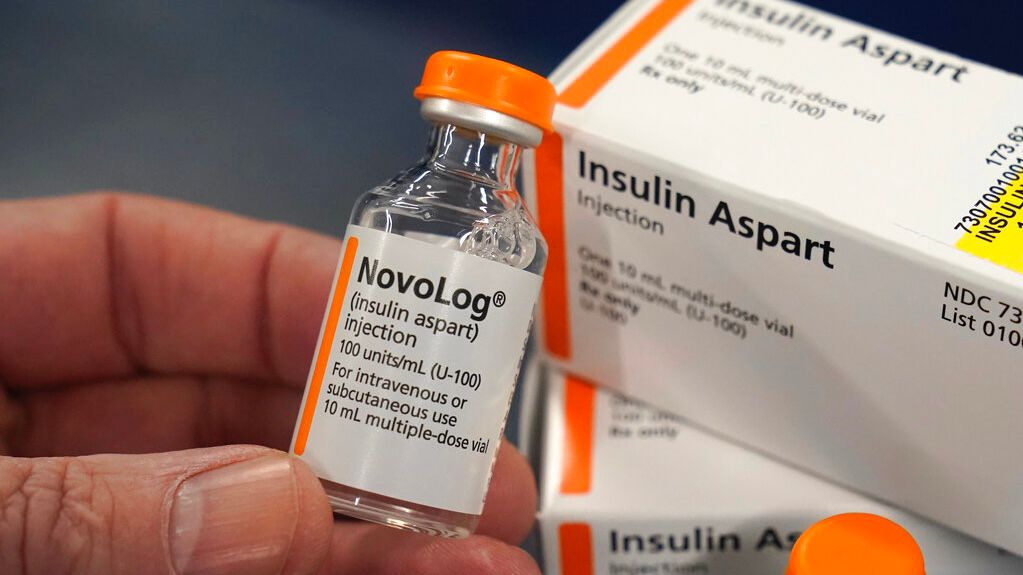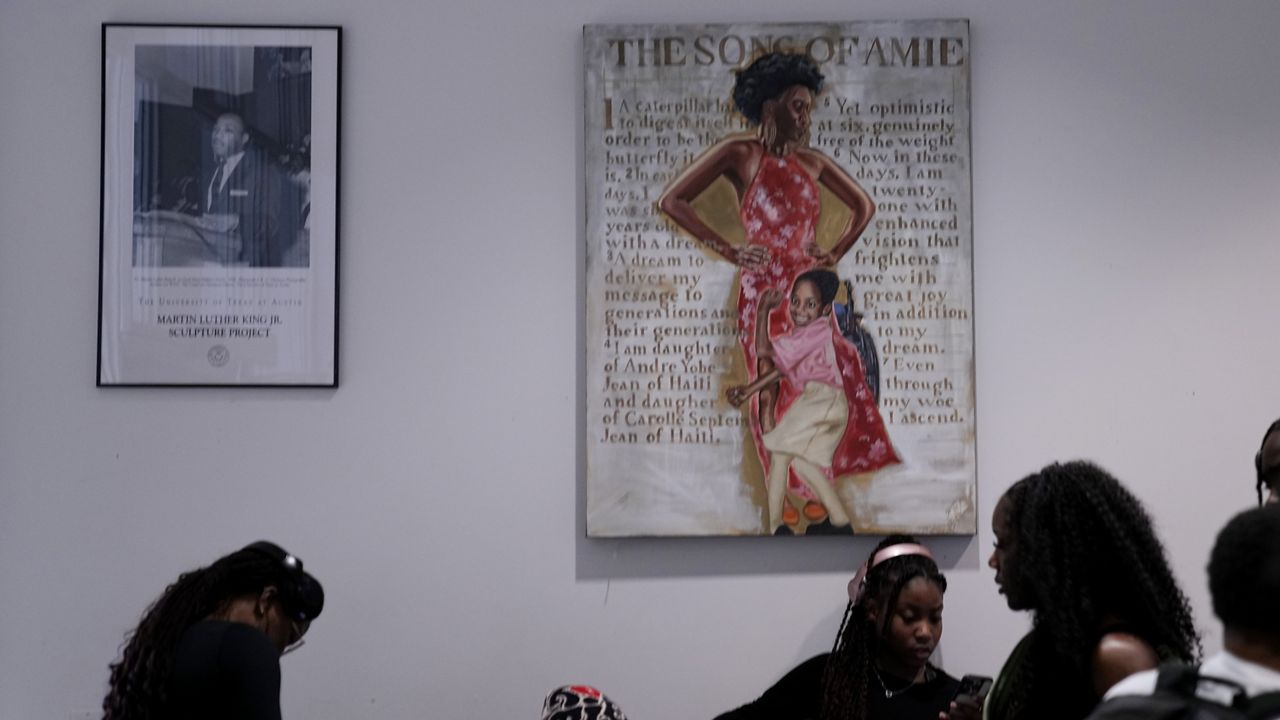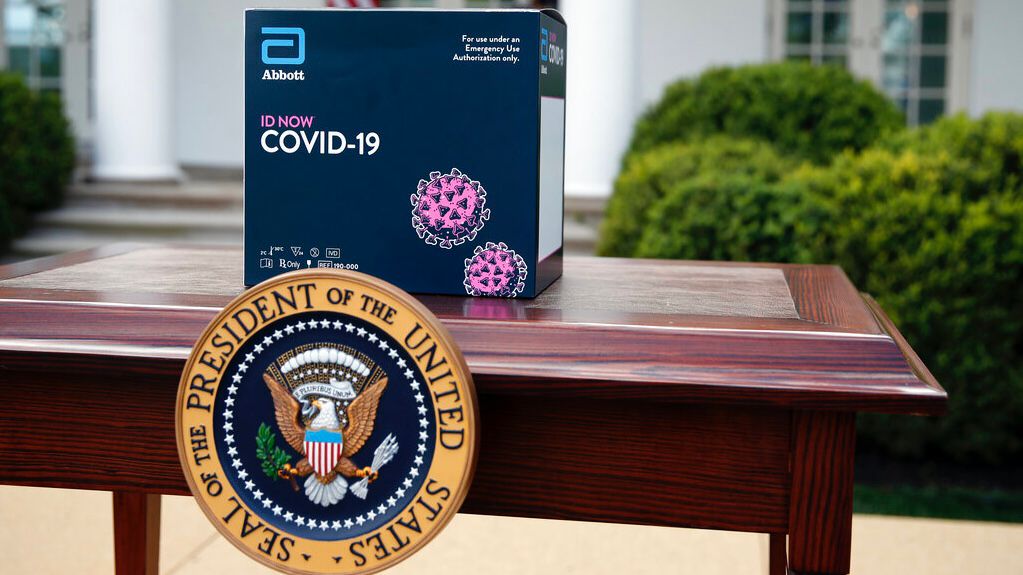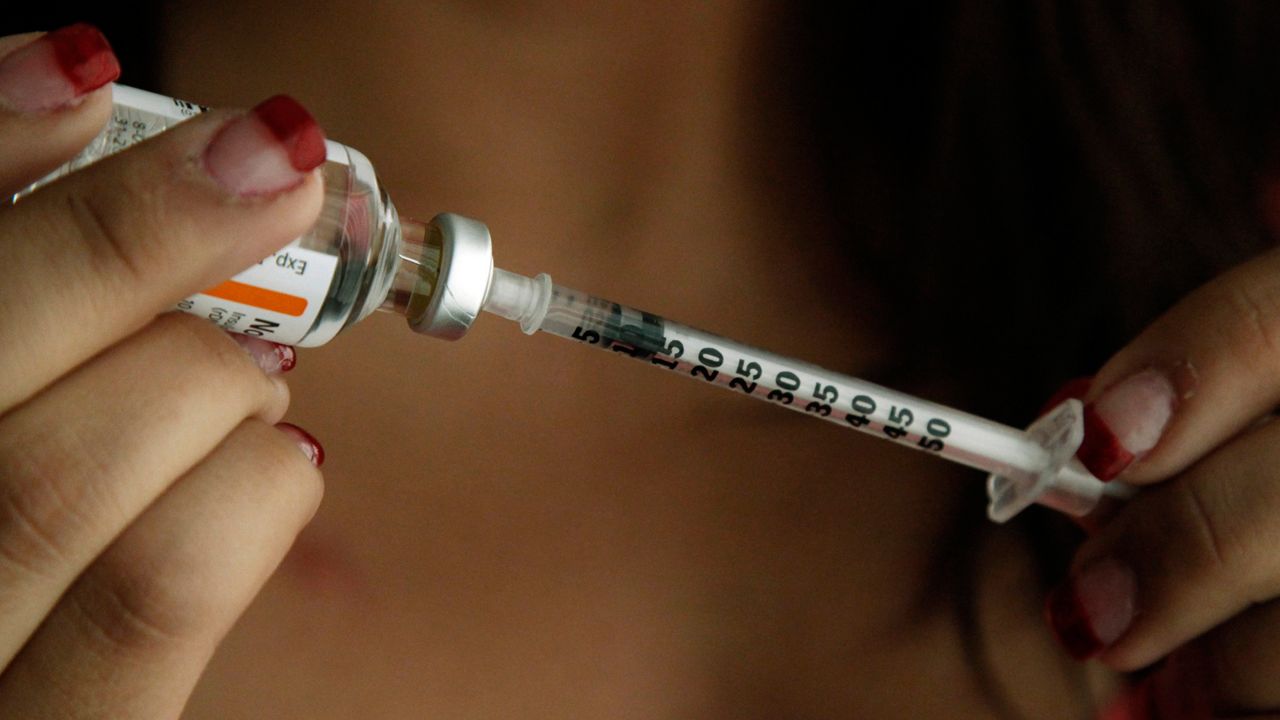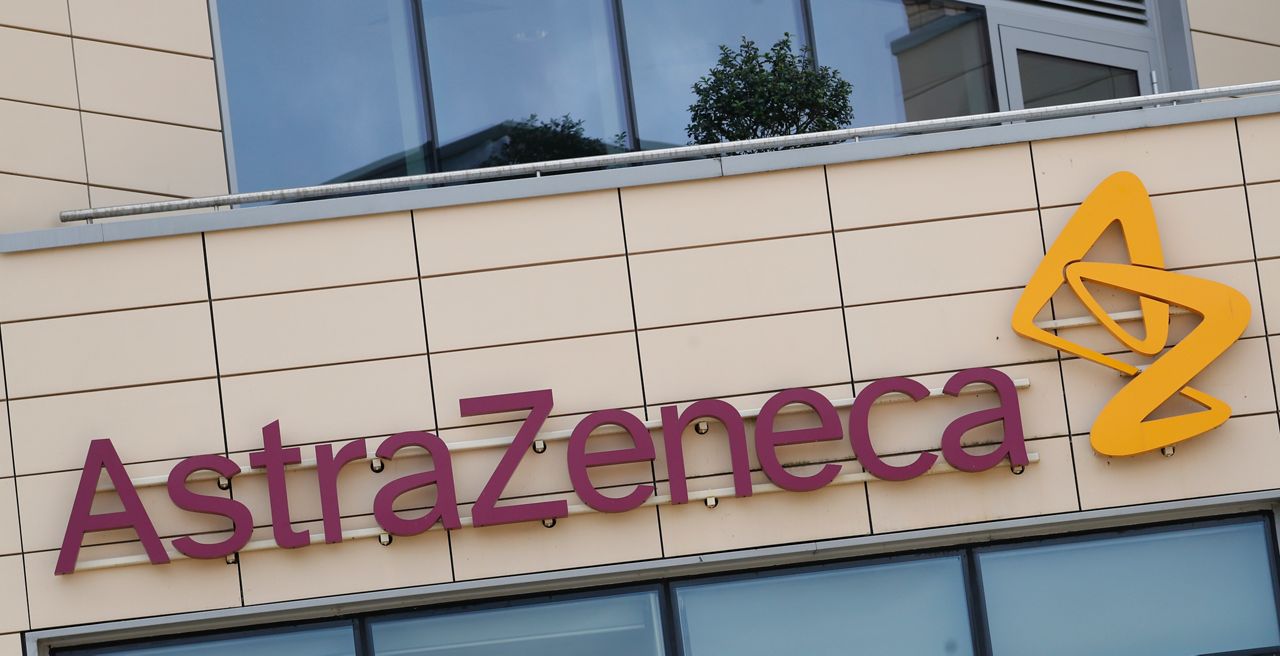The Federal Trade Commission sued Caremark, Express Scripts and Optum on Friday for creating a rebate system that boosted insulin prices and inflated profits.
The lawsuit alleges the drug middlemen, who negotiate volume discounts with pharmaceutical companies through their group purchasing organizations, hurt vulnerable patients who rely on the medication to treat diabetes.
“Millions of Americans with diabetes need insulin to survive, yet for many of these vulnerable patients, their insulin drug costs have skyrocketed over the past decade thanks in part to powerful prescription drug benefit managers and their greed,” FTC Bureau of Competition Deputy Director Rahul Rao said in a statement.
About 15% of U.S. adults have diabetes, a disease that impairs the body’s ability to create insulin on its own.
The FTC alleged the companies engaged in anticompetitive practices, including a rebate system that prioritized high rebates from drug companies and artificially increased the price of insulin. According to the complaint, when lower-priced insulins were available, the companies excluded them to use the higher-priced insulin with higher rebates, boosting profits.
The three companies handle about 80% of prescriptions in the United States, according to the FTC.
"CVS Caremark is proud of the work we have done to make insulin more affordable for all Americans with diabetes. To suggest anything else, as the FTC did today, is simply wrong. We stand by our record of protecting American businesses, unions and patients from rising prescription drug prices," a Caremark spokesperson told Spectrum News.
He said Caremark has driven down insulin costs for insured, uninsured and underinsured patients and that its members pay less than $25 on average for insulin — lower even than the Biden-Harris administration's recent $35 price cap.
“Once again, the FTC – a government agency funded by taxpayer dollars – is proving that the FTC does not understand drug pricing and instead is choosing to ignore the facts and score political points, rather than focus on its duty to protect consumers,” The Cigna Group’s Chief Legal Officer Andrea Nelson told Spectrum News.
The agency said the price of an insulin medication known as Humalog has increased in price from $21 in 1999 to $274 by 2017. It said almost a quarter of insulin patients could not afford their medication by 2019.
The White House did not specifically offer on the suit, but expressed that the administration has "made clear that no one should pay higher prices because of corporate greed."
White House press secretary Karine Jean-Pierre said that President Joe Biden and Vice President Kamala Harris "have been taking on profiteering by Big Pharma and pharmaceutical middle-men to lower the costs of health care and prescription drugs—from giving Medicare the power to negotiate lower drug prices, to lowering prices for insulin, inhalers, EpiPens and hearing aids by increasing competition."
In a statement Friday, the FTC’s Bureau of Competition said it is “deeply troubled by the role drug manufacturers like Eli Lily, Novo Nordisk and Sanofi play in driving up list prices of life-saving medications like insulin.”
The bureau said the pharmaceutical companies “should be on notice that their participation in the type of conduct challenged here raises serious concerns, and that the Bureau of Competition may recommend suing drug manufacturers in any future enforcement actions.”





